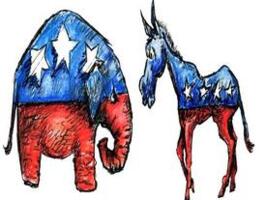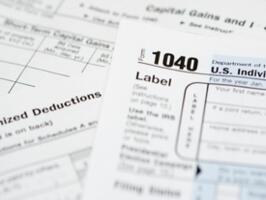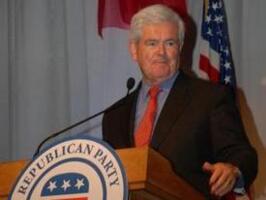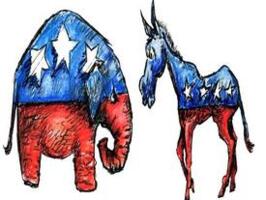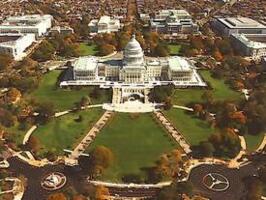January 29, 2012
Former Massachusetts Governor Mitt Romney has opened a double-digit lead in Florida as the perception grows among Republican primary voters that he is the strongest general election candidate against President Obama. The state's GOP Primary is on Tuesday.
The latest Rasmussen Reports telephone survey of Likely Florida Republican Primary Voters, conducted Saturday, shows Romney up by 16 points with 44% support. Former House Speaker Newt Gingrich is a distant second at 28%.
Former U.S. Senator Rick Santorum earns 12% support, while Texas Congressman Ron Paul picks up 10%. One percent (1%) prefer some other candidate, and five percent (5%) are undecided. (To see survey question wording, click here).
This Florida survey of 750 Likely Republican Primary Voters was conducted on January 28, 2012 by Rasmussen Reports. The margin of sampling error is +/- 4 percentage points with a 95% level of confidence. Field work for all Rasmussen Reports surveys is conducted by Pulse Opinion Research, LLC. See methodology.



